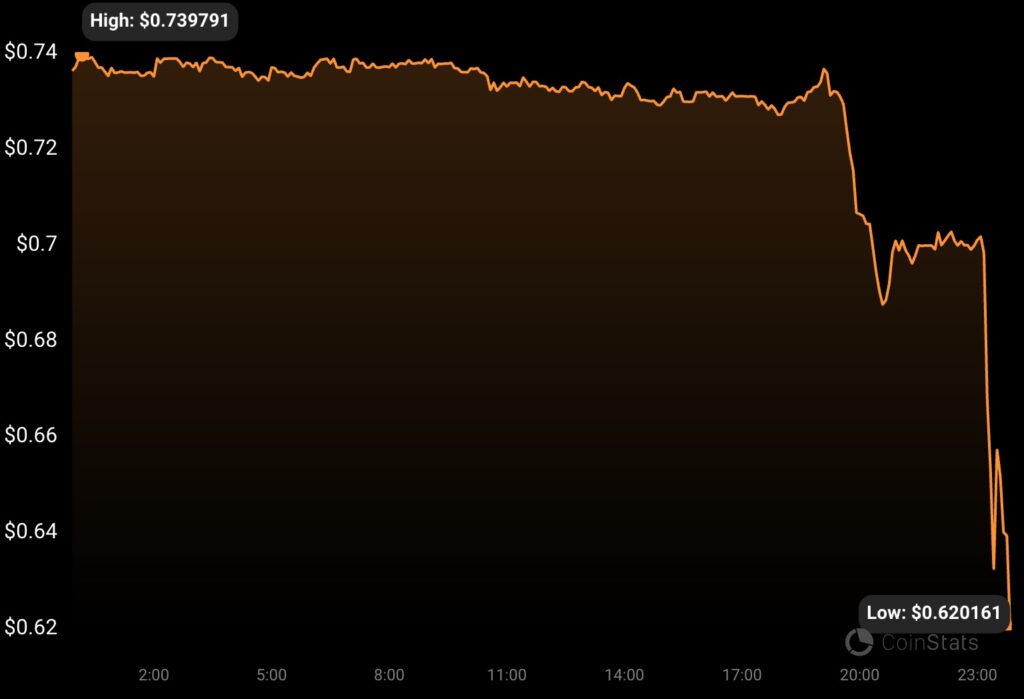The world of decentralized finance (DeFi) was sent into a frenzy on July 30 when several stable pools on Curve Finance, using Vyper, fell victim to an exploit, resulting in staggering losses of $24 million. Vyper disclosed that its 0.2.15, 0.2.16, and 0.3.0 versions were susceptible to malfunctioning reentrancy locks, leaving many projects relying on these versions vulnerable.
Curve Finance Vulnerability: $24 Million Losses and DeFi Impact
Security firm Ancilia conducted an analysis of the affected contracts, revealing that 136 contracts utilized Vyper 0.2.15 with reentrant protection, 98 contracts deployed Vyper 0.2.16, and 226 contracts were dependent on Vyper 0.3.0.
Initial investigations pointed towards certain versions of the Vyper compiler failing to implement the reentrancy guard correctly. This guard is crucial in preventing multiple functions from being executed simultaneously by locking a contract, thereby thwarting potential reentrancy attacks that could drain all funds from the contract.
Vyper, which is a contract-oriented, pythonic programming language that targets the Ethereum Virtual Machine (EVM), has become a well-liked option for Python developers who are moving into the Web3 space.
The attack had far-reaching consequences, impacting various decentralized finance projects. Exchange on a decentralized level Ellipsis disclosed the use of a dated version of the Vyper compiler in their exploit of a few stable pools. Meanwhile, Alchemix’s alETH-ETH experienced an outflow of $13.6 million, along with JPEGd’s pETH-ETH pool witnessing $11.4 million exploited and Metronome’s sETH-ETH pool losing $1.6 million.
The exploit set off a chain reaction of panic across the DeFi ecosystem, prompting a flurry of transactions across pools and a rescue operation by white hats. As a result, Curve Finance’s utility token Curve DAO (CRV) recorded a decline of over 5% in response to the news. The declining liquidity of CRV in recent months exposed it to significant price swings, increasing its vulnerability, as previously reported by Cointelegraph. Notably, Curve Finance confirmed that crvUSD contracts and associated pools remained unaffected by the attack.

Curve Finance, a prominent DeFi protocol facilitating the decentralized exchange of stablecoins within Ethereum, has been the target of a series of incidents within its ecosystem. Merely days before this event, its omnipool platform Conic Finance was exploited for $3.26 million in Ether, with the majority of the stolen funds redirected to a new Ethereum address in a single transaction.
The DeFi space has been grappling with numerous attacks in recent times. According to a report by DeFi, a Web3 portfolio app, more than $204 million was lost to DeFi hacks and scams in the second quarter of 2023 alone. The ongoing challenges faced by DeFi protocols underscore the need for robust security measures and heightened vigilance within the ever-evolving landscape.












Discussion about this post